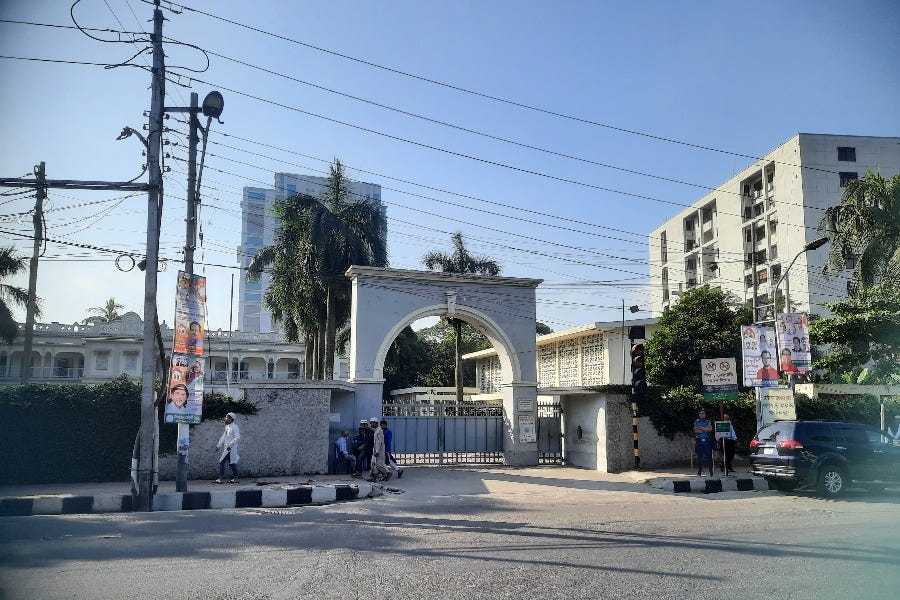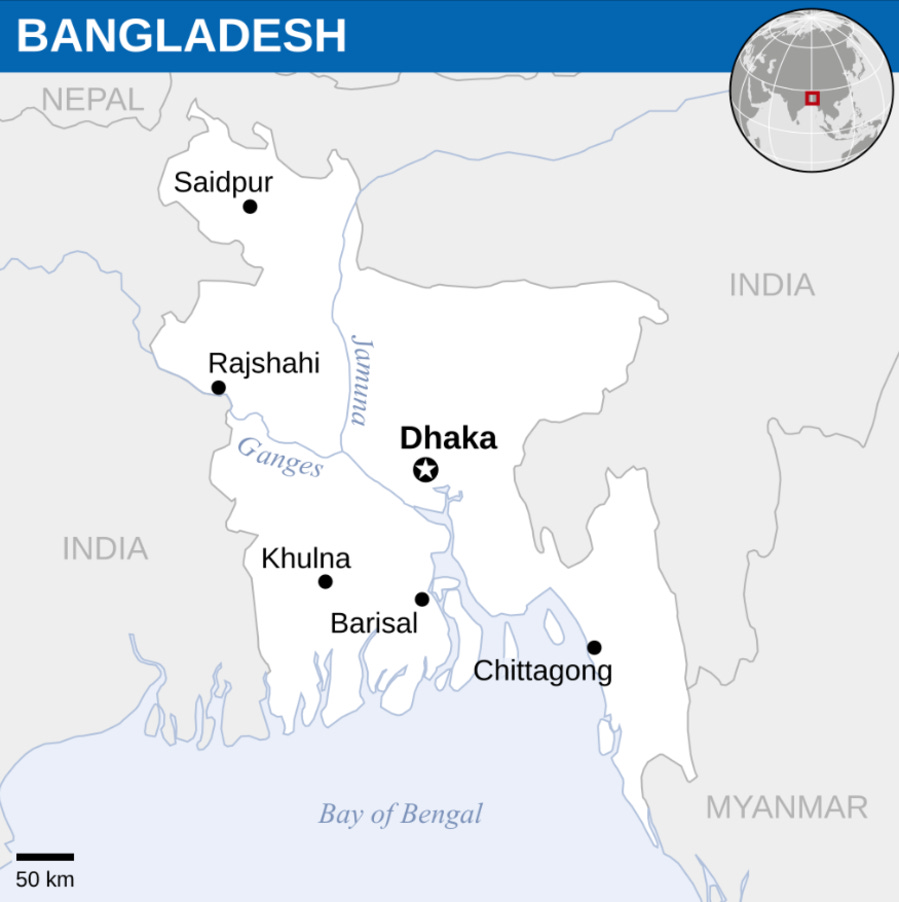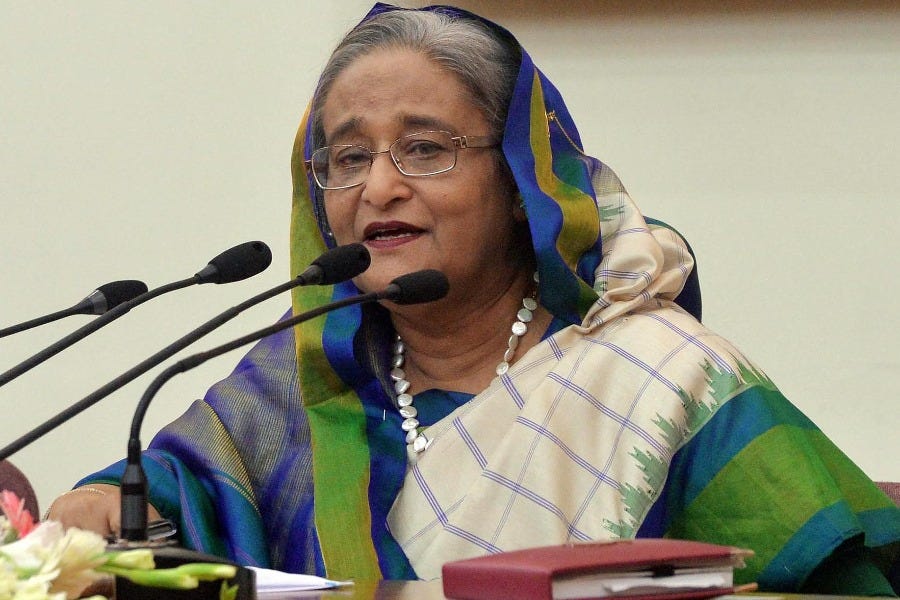Why are bombs being thrown at Dhaka’s churches?
Description
Homemade bombs were thrown at a Catholic cathedral in Dhaka, Bangladesh, on Friday evening.

One of the devices exploded at 10:45 p.m. on Nov. 7 near the gate of St. Mary’s Cathedral, causing panic but no injuries among worshipers present at the time. The other bomb landed within the cathedral premises but failed to detonate.
At around 2:30 a.m. on Saturday, Nov. 8, another homemade device detonated at St. Joseph’s School, a prestigious Catholic institution in Dhaka.
The incidents followed a similar event a month earlier, when assailants threw a homemade bomb at the gate of Holy Rosary Church, Dhaka’s oldest surviving Catholic church. No one was injured in the Oct. 8 blast.
What’s the current situation in Bangladesh? What are the possible reasons for the bombings? And what’s likely to happen next?

What’s happening in Bangladesh?
Bangladesh is a South Asian country roughly the size of the U.S. state of Iowa. It is home to around 173 million people (compared to Iowa’s 3 million), 91% of whom are Muslim, 8% Hindu, and just 0.3% Christian. Most Christians — roughly 400,000 out of 500,000 — are Latin Rite Catholics, whose presence can be traced back to 16th-century Portuguese missions.
The territory now known as Bangladesh was considered part of Pakistan when India and Pakistan gained independence from British rule in 1947. The territory was initially known as East Bengal and later as East Pakistan.
Bangladesh seceded from Pakistan in 1971 after a bloody eight-month war. A party known as the Awami League formed the first post-independence government. In 1972, Bangladesh adopted a constitution that espoused four fundamental principles: secularism, nationalism, socialism, and democracy.
But in 1977, under military leader Ziaur Rahman, the word “secularism” was replaced with “absolute trust and faith in Almighty Allah.” In 1988, Hussain Muhammad Ershad, another military ruler, proclaimed Islam the state religion.
When the Awami League returned to power in 2009, led by the formidable Sheikh Hasina, it restored secularism to the constitution, while retaining Islam as the state religion.
The Awami League was perceived as supportive of religious minorities and as a bulwark against Islamist extremism. But in government, it also had a reputation for authoritarianism, corruption, and human rights abuses.
In 2024, student-led protests forced Hasina to flee to India. The Awami League was banned under the country’s Anti-Terrorism Act.
Hasina’s downfall opened up a power vacuum that was temporarily filled when the economist Muhammad Yunus agreed to serve as the country’s chief adviser, pending a general election expected to take place in February 2026.

What’s behind the church bombings?
Despite the Awami League’s support for secularism, life was not easy for Bangladesh’s religious minorities during its 15 years in power.
The advocacy group Open Doors classified Bangladesh as the 29th worst country in whic





